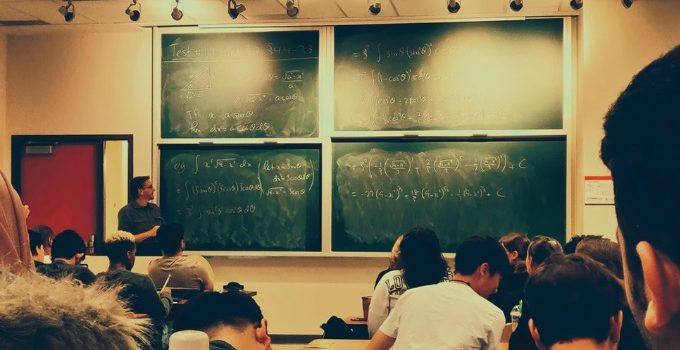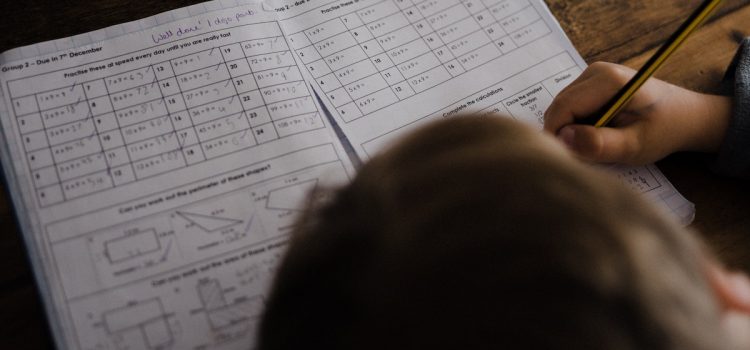What’s the arrival fallacy? Do you have a mentor? What are you learning right now? No matter how successful you become, it’s vital to never stop growing—which requires a lifelong commitment to learning from your experiences. John C. Maxwell explains why continual learning optimizes growth, and he shares strategies to maximize learning and growth throughout your life. Continue reading to discover how to keep learning, keep growing, and become the person you dream of being.
Keep Learning, Keep Growing: 3 Ways to Become a Lifelong Learner










